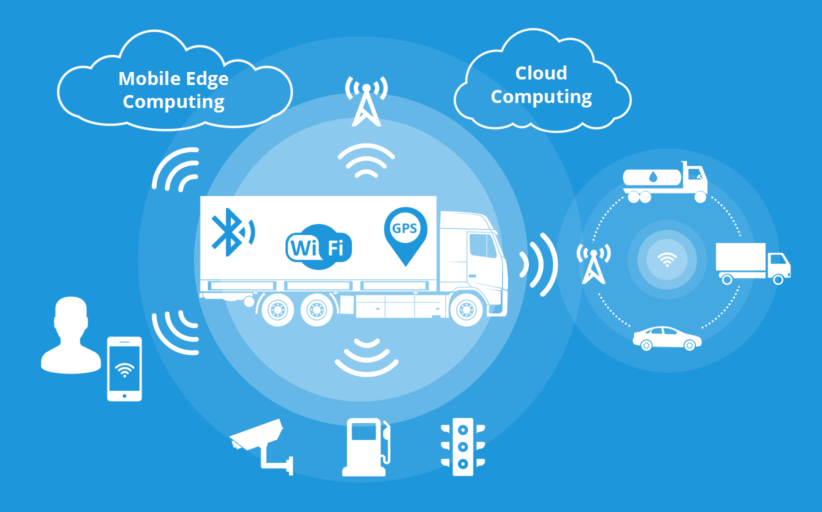There’s a high chance you already must have heard about the Internet of Things (IoT), which is a network formed between all the smart devices in your home. But have you heard of the Internet of Vehicles (IoV)? That’s right, the Internet of Vehicles does exist, and it is just as cool as you imagine it to be.
The latest technology in vehicles allows them to be connected to the internet, and this opens up hundreds of horizons for the car and its driver. Now what are those horizons? We’ll find out in the sections to follow!
How Does IoV Work?
Just like the Internet of Things, the Internet of Vehicles allows your cars to be a part of a network through an Internet connection. This is done through the creation of networks using Vehicular Ad Hoc Networks (called VANETs) and taking root from MANETs or Mobile Ad Hoc Networks.
Not only that, but your car can also sync data as long as it is connected to the internet connection in your home, making it important for you to have a reliable connection. To be connected to the internet on the go, bat your eye on a provider that offers countrywide hotspots like Xfinity. Plus, the wide-ranging Xfinity Packages are your best bet in various regards, i.e., speed and reliability.
What’s Included in the Network?
Now a question that arises is, “What is in the car that requires it to be connected to the internet?” The answer is fairly simple, the network includes your car’s infotainment system, its security sensors, the brakes, and the GPS.
As these things are interconnected, it makes it easier for you to stay safer while you are on the road. Some cars can even alert emergency services if they detect a crash and possible injuries. Not only that, but it also allows cars to interconnect with each other too.
What are the Advantages of the Internet of Vehicles?
The world is slowly progressing towards the idea of “smart cities,” which basically means developing an urban area that has a lot of technological development and interconnectivity through electronic means and sensors.
Vehicles that are enabled with the Internet of Vehicles also play an important role in the formation of smart cities. However, there are also some other specific advantages of the Internet of Vehicles, and they include the following:
Safety
The first thing that the Internet of Vehicles offers is safety while you are on the road. Cars that are connected to each other on the road let each other know about their positions so that it would reduce possible collisions. Car companies are still working on developing technology that will reduce other risks, such as tiredness while driving, inattention, and so on.
Efficiency
The Internet of Vehicles synchronization allows cars to sense possible traffic jams and send alerts to the driver to avoid said traffic jams. This would reduce the volume of cars, which in turn can help reduce traffic jams altogether. The GPS in cars can also suggest the shortest route to your destination, making sure that you reach it well in time.
It’s Good for the Environment
The Internet of Vehicles mostly consists of cars that are powered electrically, commonly known as electric cars. Electric cars are known to not have an engine, which means no burning fuels that lead to toxic emissions. Electric cars function entirely on battery power, making them perfect for the environment.
What’s the Future Like for the Internet of Vehicles?
The Internet of Vehicles is an integral part of the Internet of Things and is dedicated to the automobile industry, making it more of a competition among car companies. It not only makes the cars technologically advanced but makes cars even safer than before. This makes the car safer for the driver and other cars on the road, the pedestrians, and even the general infrastructure.
Producing electric cars has become more of a necessity for car companies if they wish to stay relevant in the automobile industry. For instance, BMW created the dedicated i-series, which consists of all-electric cars. Most electric cars come with integrated Internet of Things technology in the form of safety features for the car.
There might come a time when electric cars are all we see on roads, but that is when people completely decide to make a shift to electric vehicles.
The Key Takeaways
Without a shadow of a doubt, the Internet of Vehicles has revolutionized the automobile industry by taking it lightyears ahead. It has made cars a lot safer to drive and has ensured connectivity among cars themselves to ensure fewer safety hazards while on the road.
Not only that, but cars are now a lot more convenient to drive since they can predict traffic patterns and assess potential traffic jams.










